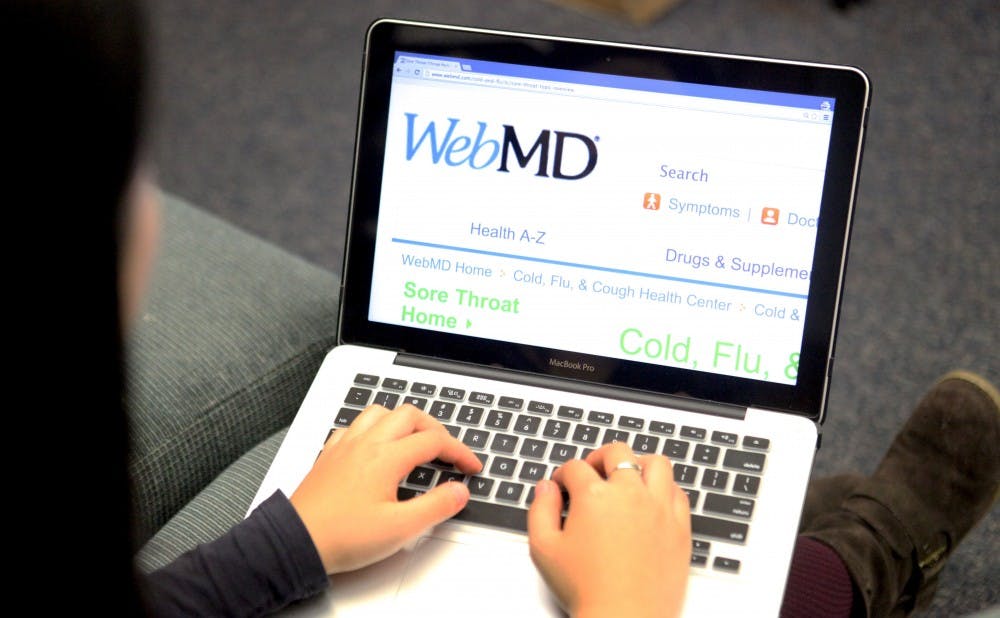Social media has changed the health industry landscape significantly, according to a new book written by a Duke professor.
In his book "Social Networks and Popular Understanding of Science and Health: Sharing Disparities," adjunct professor Brian Southwell discusses the issues associated with increasing the availability of medical information online. Although some Duke health experts agreed with Southwell's premise that using the Internet to share medical information can have negative effects, they disagreed with the notion that those coming from poorer backgrounds are not as able to access information online.
“Using social media and peer-to-peer networks to teach people about science and health may seem like an obvious strategy," Southwell wrote. "Yet recent research suggests that systematic reliance on social networks may be a recipe for inequity."
Southwell noted in particular that those from poorer backgrounds may not have access to the Internet, which limits their ability to access important information.
Additionally, information does not necessarily spread to everyone via the Internet in the same way. One reason for this is that different groups of people may be more willing to discuss health online than others.
"We see this differ by culture," Southwell said. "In some cultures, certain topics are taboo and in other instances it's more acceptable to talk about particular issues."
Dr. John Vaughn, director of Student Health services, noted that socioeconomic status, however, is playing an increasingly small role in information accessibility.
Gary Bennett, associate professor of psychology and neuroscience, also noted that the "digital divide" is becoming a thing of the past.
"Many... traditionally disconnected populations are now using mobile devices at higher rates than more advantaged groups in the U.S.," he said. "So there are wonderful opportunities to reach individuals in ways that were impossible just a few years ago."
Southwell also raised concern with the accuracy of health information online.
“[We] find that there is the possibility that people are referring to information of questionable credibility," Southwell said. "Getting to the point of informed decision making is probably best reached by virtue of talking with their providers [and] physicians.”
But Bennett noted the quality of the health information has improved significantly over the past decade.
He also added that even if some individuals may be misinformed by information on the Internet, it is better to have the democratization of information than rely on a physician.
"Thirty years ago, physicians were the primary resource for health information," he said. "If one had limited access to the health care system, there was arguably greater risk for serious health consequences. Today, health information is accessible within a few keystrokes."
Still, there are some aspects of health care that can only be handled by professionals, Vaughn said.
"What one can't quite get online is context for [a diagnosis]," Vaughn said. "If you Google swollen glands you get anything from a cold to cancer. [People] still need a healthcare professional to guide them through that information."
Vaughn noted that there is a shift towards using the online forum for communicating about health as opposed to dealing with providers in person.
"What's really interesting is that the majority of Americans go online for health information... are looking at user-generated content," Vaughn said. "[People] don't want to hear from experts. They are interested in hearing about what other people have and what it means to them."
Get The Chronicle straight to your inbox
Signup for our weekly newsletter. Cancel at any time.

